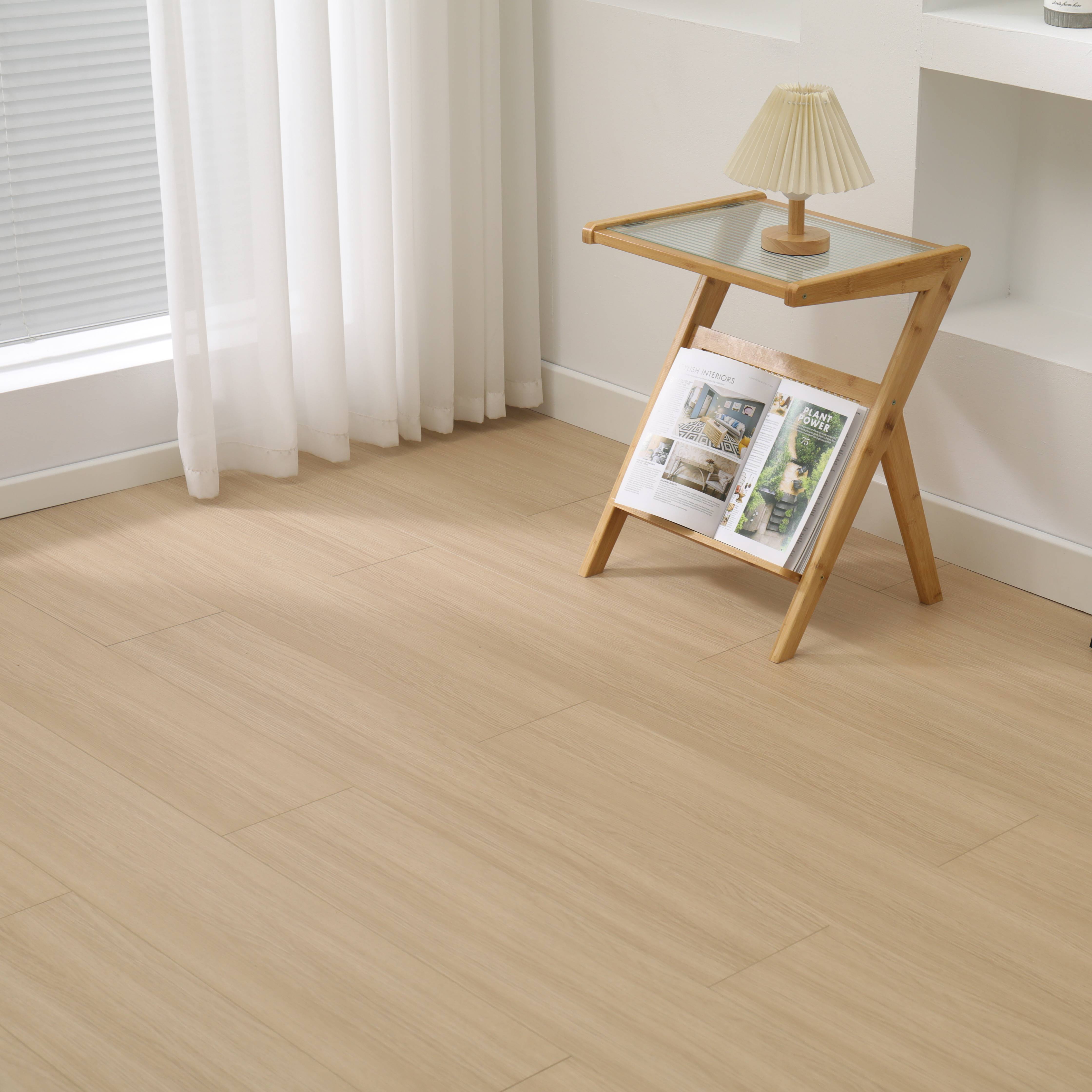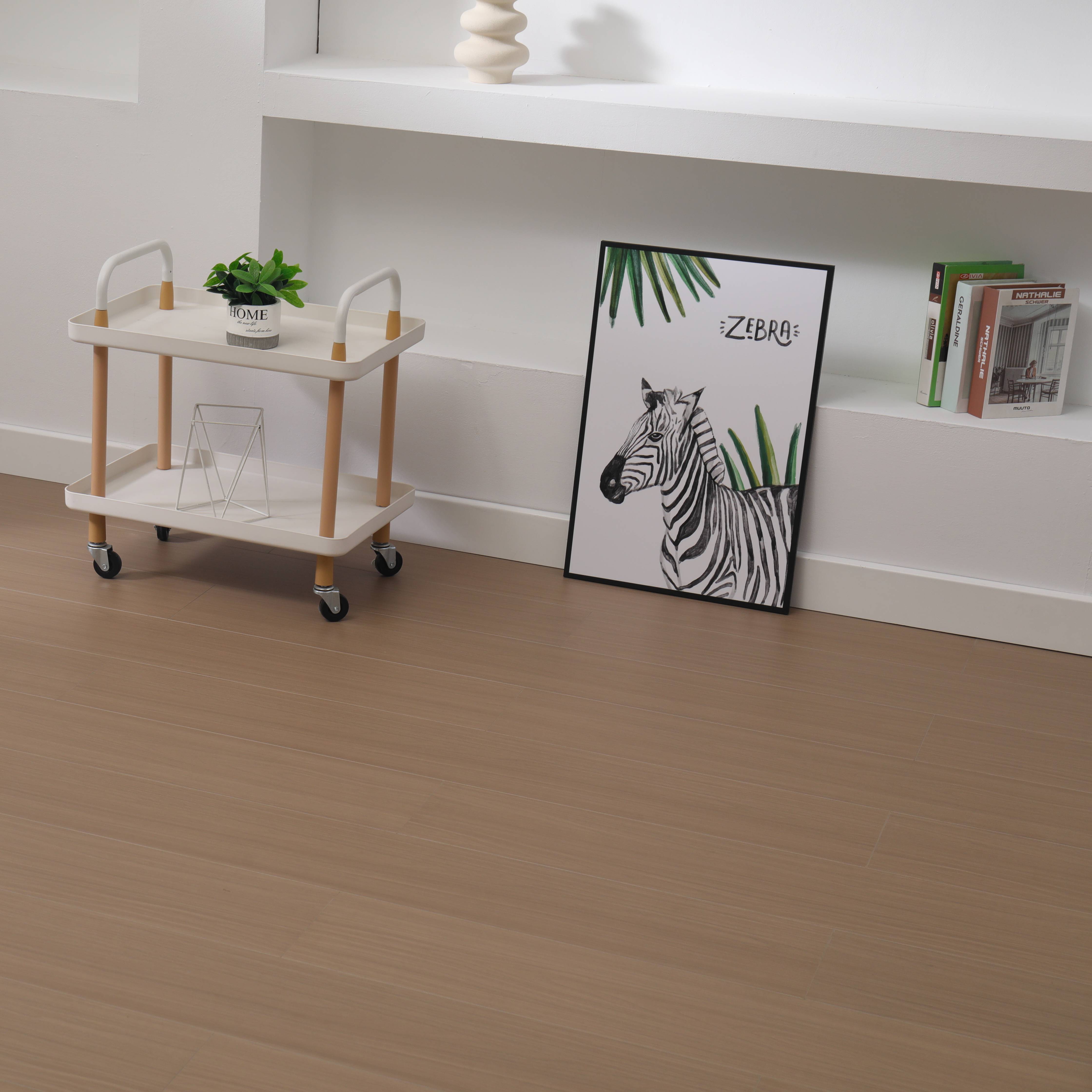The Timeless Appeal of Natural Wood in Commercial Spaces
In the competitive world of retail and hospitality, creating the right ambiance is crucial for success. Solid wood flooring stands as a testament to elegance and durability, offering businesses an unmatched combination of aesthetic appeal and practical benefits. From luxury boutiques to high-end hotels, the choice of flooring materials can significantly impact customer experience and brand perception.
When business owners invest in their commercial spaces, every decision must balance beauty with functionality. Solid wood flooring delivers on both fronts, providing a warm, inviting atmosphere while standing up to the demands of high-traffic areas. This natural material has been gracing commercial spaces for centuries, and its popularity continues to grow in modern retail and hospitality environments.
Essential Benefits of Solid Wood Flooring in Commercial Settings
Durability and Longevity
One of the primary advantages of solid wood flooring in commercial spaces is its exceptional durability. Unlike other flooring options that may need frequent replacement, properly maintained solid wood floors can last for generations. This remarkable longevity makes it a cost-effective choice for businesses looking to make a long-term investment in their infrastructure.
The inherent strength of solid wood allows it to withstand heavy foot traffic, making it particularly suitable for busy retail stores and hotel lobbies. When minor damage occurs, these floors can be refinished multiple times, restoring their original beauty without the need for complete replacement. This regenerative quality sets solid wood flooring apart from laminate or vinyl alternatives.
Aesthetic Versatility and Brand Enhancement
Solid wood flooring offers an incredible range of design possibilities that can complement any brand aesthetic. From light oak to rich mahogany, the variety of wood species provides endless options for creating the perfect atmosphere. The natural grain patterns and color variations in wood add depth and character to commercial spaces, creating a unique visual identity that cannot be replicated by artificial materials.
The timeless appeal of solid wood flooring can elevate a brand's image, conveying quality and sophistication to customers. In retail environments, this can translate to increased perceived value of merchandise, while in hospitality settings, it creates an atmosphere of luxury and comfort that guests appreciate.
Environmental Impact and Sustainability Considerations
Eco-friendly Credentials
In an era where environmental consciousness influences consumer choices, solid wood flooring offers significant ecological advantages. When sourced from sustainably managed forests, these floors represent a renewable resource that can actually help combat climate change through carbon sequestration. Many customers actively seek out businesses that demonstrate environmental responsibility, making sustainable solid wood flooring an attractive choice for forward-thinking establishments.
The natural lifecycle of solid wood flooring also contributes to its environmental benefits. Unlike synthetic flooring materials that may end up in landfills after removal, wood can be recycled, repurposed, or naturally decompose at the end of its useful life. This aspect resonates strongly with environmentally conscious consumers and aligns with many businesses' sustainability goals.
Indoor Air Quality Benefits
The impact of flooring choices on indoor air quality cannot be overlooked in commercial spaces. Solid wood flooring is naturally hypoallergenic and doesn't harbor dust or allergens like carpeting can. This characteristic is particularly important in hospitality environments where guest comfort is paramount.
Unlike some synthetic flooring materials that may emit volatile organic compounds (VOCs), properly finished solid wood flooring contributes to healthier indoor air quality. This benefit extends to both employees and customers, creating a more comfortable and welcoming environment for everyone who enters the space.

Maintenance and Long-term Cost Benefits
Daily Care Requirements
The maintenance routine for solid wood flooring in commercial settings is straightforward and cost-effective. Regular sweeping and occasional damp mopping are usually sufficient to maintain its appearance. This simplicity in daily care can result in significant labor cost savings compared to floors that require more intensive cleaning procedures.
Professional maintenance schedules can be easily integrated into existing business operations, ensuring the flooring continues to perform optimally without disrupting regular business activities. The ability to spot-treat high-traffic areas means that maintenance can be targeted where it's needed most, optimizing resources and extending the floor's lifespan.
Investment Returns Over Time
While the initial installation cost of solid wood flooring may be higher than some alternatives, the long-term financial benefits often outweigh this upfront investment. The extended lifespan of solid wood floors, combined with their ability to be refinished multiple times, results in a lower cost per year of use compared to materials that require frequent replacement.
Property value enhancement is another significant benefit, as solid wood flooring is consistently viewed as a premium feature in commercial real estate. This can provide additional leverage when negotiating lease terms or considering property resale values, making it a sound business investment beyond its immediate functional benefits.
Installation Considerations for Commercial Spaces
Professional Installation Requirements
Success with solid wood flooring begins with proper installation. Commercial installations require experienced professionals who understand the unique challenges of business environments. These experts can address crucial factors such as subfloor preparation, moisture barriers, and expansion gaps that are essential for long-term performance.
The installation process can be scheduled to minimize business disruption, with many contractors offering after-hours or phased installation options. This flexibility allows businesses to upgrade their flooring without sacrificing operational continuity, an important consideration for both retail and hospitality establishments.
Climate and Environmental Factors
Different commercial environments present varying challenges for solid wood flooring. Understanding and accounting for factors such as humidity levels, temperature fluctuations, and exposure to direct sunlight is crucial for optimal performance. Professional installers can recommend specific wood species and finishing options that are best suited to particular commercial settings.
In areas with extreme climate variations, proper acclimation of the wood before installation is essential. This process, while adding some time to the installation schedule, ensures the stability and longevity of the flooring system, preventing issues such as warping or gapping that could affect both appearance and functionality.
Frequently Asked Questions
How long can solid wood flooring last in a commercial setting?
With proper maintenance and care, solid wood flooring in commercial settings can last 50 years or more. The ability to sand and refinish the surface multiple times extends its lifespan significantly compared to other flooring options.
What types of wood are best suited for high-traffic commercial areas?
Hardwoods such as oak, maple, and hickory are excellent choices for commercial spaces due to their superior durability and resistance to wear. The specific choice often depends on the desired aesthetic and the particular demands of the space.
How often should commercial solid wood floors be refinished?
The refinishing schedule depends on foot traffic and wear patterns, but typically commercial solid wood floors benefit from refinishing every 5-7 years in high-traffic areas. Regular maintenance and prompt attention to damage can extend the time between refinishing sessions.
Are there any areas where solid wood flooring should not be installed?
While solid wood flooring is versatile, it's not recommended for areas with excessive moisture exposure such as commercial kitchens or spa areas. Additionally, spaces with extremely high impact or heavy equipment may require alternative flooring solutions.


